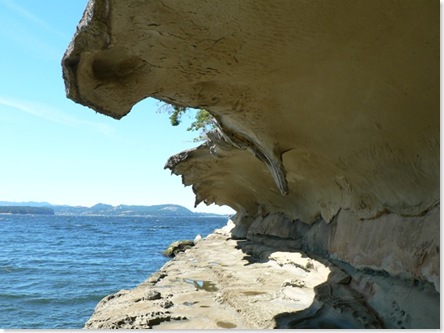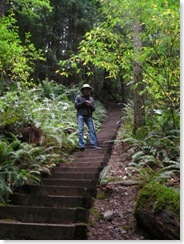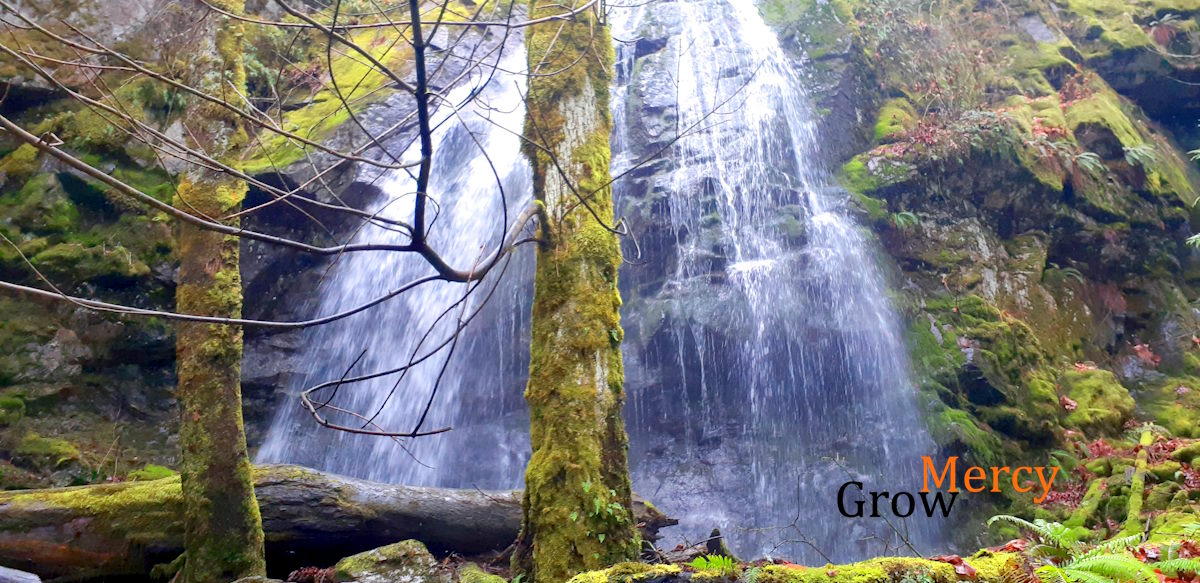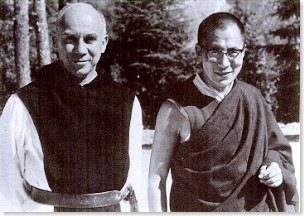Socrates had it wrong. The examined life is…well, it just keeps you up at night. It’s the unexamined life I want to live–the one children live.
The examined life is confusing, implacable, raises regrets, and harbours all kinds of darkling shadows. And in the end, it’s inscrutable. The unexamined life, on the other hand, just is. Thing is, as Socrates no doubt knew far sooner and better than most, is that the examined life is not an option.
I recall looking out of a frost covered upstairs window–I may have been eight, I’m not sure–but the experience itself I can call to mind with ease. I was standing absolutely still, watching the light of a grey winter day settle on snow covered rooftops, and without warning, a trip-wire went off in my mind. Questions came: Why am I me and not someone else? Why am I here and not there? It was as though I was outside in that bracing air, looking back in at myself. And there was no going back. No retreating from this crack of self-awareness. Like it or not, the examined life was upon me.
But now, decades of examination later, the frost gilded window that framed those explosive questions is stained and dry and mostly opaque.
And I’m left with this: The only way Socrates’ examined-and-therefore-worthy life can work—as far as I can see, and the way I’ve worked it out–is as life examined on the third level. Not the the first level with it’s regrets and ghosts and all its concern for identity and security. And not even the second level, where aesthetics moves the shadows away–although the second level is pleasant and let’s you sleep and in fact I could probably get happily stuck there–but the third.

This third level, I’m thinking, is the level St. Paul was caught up into when he heard and saw things he couldn’t repeat because he didn’t have the words. It’s the place of paradisal mystery, where depth is brought to aesthetics and meaning to the quotidian. This is the naked place, deep within us all, where the quark of our soul rests in utmost silence and peace…but with company. The love within, and the intimacy of this company, that is, of your life with this life, can only be described as, not two, but not one.
Of course this third level examination of life is mystical, and usually, I suppose, involves forms of contemplation and meditation. But it’s also the way of child’s play. The difficult way of simply living.
And, so, it seems I’m back in agreement with Socrates. An unexamined life, which is that kind of distracted examination of life on the first level, is, in fact, not worth living. The truly examined life, which turns out to be both, the non-examination of a child at play, and a grown-up inner encounter, is exceedingly worth living.
 I love words like journey and junket, expedition and excursion. I place a great deal of import on place. And even while I believe that all ground is holy, I also believe there are sacred places, or places made sacred, and to journey to such a place–whether it’s under a birch tree in the river valley, or an ashram in India–is spiritually forming. And of course, that is pilgrimage.
I love words like journey and junket, expedition and excursion. I place a great deal of import on place. And even while I believe that all ground is holy, I also believe there are sacred places, or places made sacred, and to journey to such a place–whether it’s under a birch tree in the river valley, or an ashram in India–is spiritually forming. And of course, that is pilgrimage.


